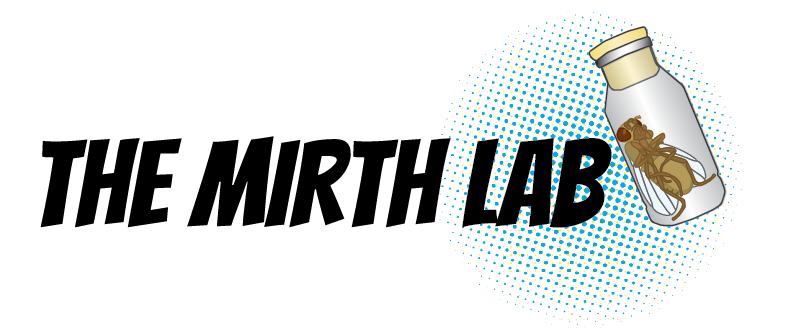Developmental Responses to Environmental Change
The environment in which animals develop profoundly shapes their morphology and behaviour, a process known as phenotypic plasticity. Research in our group aims to uncover the genetic mechanisms regulating phenotypic plasticity and to understand how plasticity evolves.
 We are looking for highly-motivated candidates interested in understanding how the environment modifies developmental processes to produce plastic phenotypes. Projects explore a variety of topics, including:
We are looking for highly-motivated candidates interested in understanding how the environment modifies developmental processes to produce plastic phenotypes. Projects explore a variety of topics, including:
- How does adaptation to new environments change how animals develop to generate variation in phenotypes? For example, we are working to understand how adaptation to temperature and nutrition, both important drivers of climate change, alters a wide range of traits including feeding behaviour, body size and shape, and an animal’s reproductive capacity.
- How do environmental conditions get communicated throughout the body to regulate developmental processes? We are interested in understanding how organs like the developing wing and ovaries coordinate their growth and patterning to achieve the correct structures across a range of sizes. Further, we seek to understand how pulses of key developmental hormones convey information about the external environment.
- How does the way organs grow affect the final shape of the animal? We are examining how growth curve shape affects how sensitive an organ is to environmental variation, and how this contributes to final animal shape across environmental gradients.
To explore these problems, we use a multidisciplinary approach that combines techniques from evolutionary biology, developmental biology, mathematical modelling of gene regulatory networks, microfluidics, advanced imaging techniques, and CRISPR genome editing.
Scholarship details:
Successful candidates will receive fully funded PhD stipends for 3.5 years starting anytime in 2020. These positions are open to all applicants, domestic and international. The stipends include all course fees plus $27,353 AUD per annum tax-free.
Monash and the School of Biological Sciences:
Monash is a member of the Group of Eight, a coalition of top Australian universities recognized for their excellence in teaching and research. The School of Biological Sciences is a dynamic unit with strengths in evolutionary biology, ecology, and genetics and the nexus between these disciplines (monash.edu/science/about/schools/biological-sciences/).
Monash University is located in Melbourne, one of the most liveable cities in the world and a cultural and recreational hub.
Application process:
Applicants must possess a Bachelor’s or equivalent degree and either an Honours, Master of Science, or MPhil degree with first class honours and at least 6 months of full time research experience.
If you are interested in joining us, please send:
- a cover letter outlining your research interests and motivation to join our lab,
- your CV,
- and your academic transcripts
to christen.mirth@monash.edu. We look forward to hearing from you!


